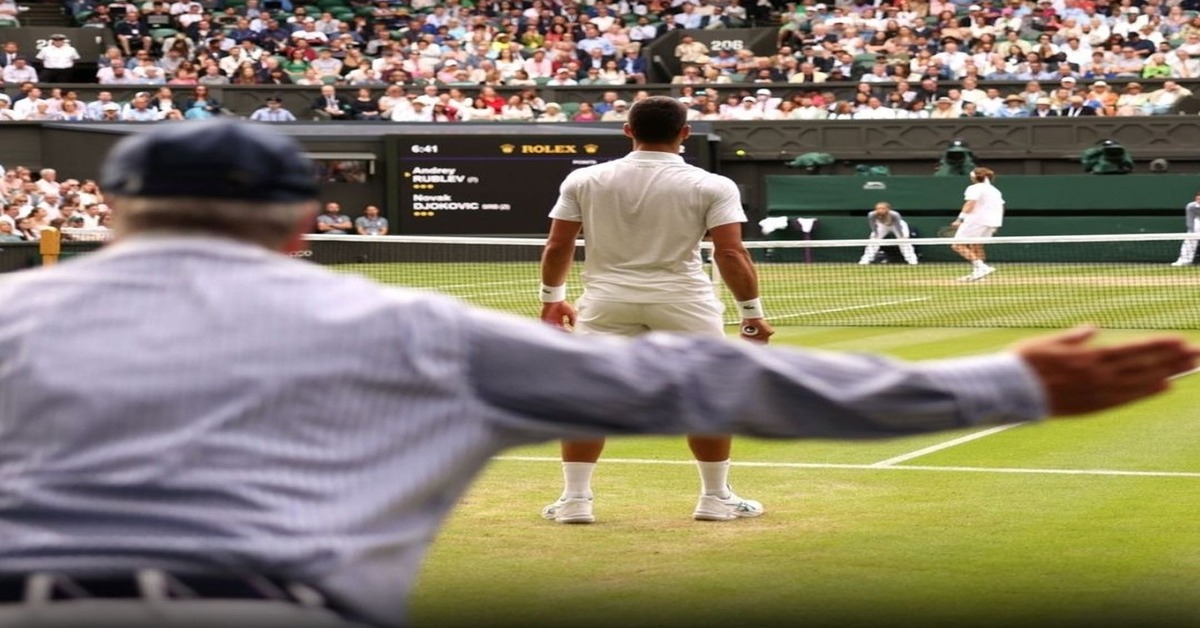Wimbledon’s Technological Shift: The Future of Line Calling
October 14th, 2024 by Carlota

Wimbledon's Technological Shift: The Future of Line Calling
In a groundbreaking move, Wimbledon has decided to replace traditional line judges with electronic line-calling technology. This decision marks a significant technological shift in the world of tennis, one that promises to impact the game profoundly.
The Change
Wimbledon, one of the oldest and most prestigious tennis tournaments, has always been a beacon of tradition. However, the adoption of electronic line-calling signals a progressive step toward enhancing accuracy and fairness in the sport. This technology, known as Hawk-Eye, uses multiple high-speed cameras to track the ball's trajectory and make precise calls.
Implications for the Game
The main motivation to introduce this technology is the expected decline in human error, ensuring that players are judged by the same standard throughout matches. This change will hopefully enhance the overall fairness of the competition, as controversial calls and disputes over line decisions can now be minimized. Players can focus more on their performance rather than questioning officiating decisions. However, it's worth noting that the system is not infallible. There have been instances this year where technical glitches caused delays in matches, reminding us that even advanced technology can have its flaws.
Additionally, the speed of the game is likely to improve. With electronic line-calling, there's no need for players to challenge calls or for matches to be paused while line judges deliberate. The game can flow more smoothly, benefiting both players and spectators—when the system is functioning as intended.
Impact on Players
For players, this shift means an adjustment period. While many are already familiar with Hawk-Eye from other tournaments, Wimbledon's complete adoption of this technology will require them to fully trust and rely on electronic calls. This transition may take some getting used to, but the long-term benefits of consistency and fairness are undeniable.
Fans' Perspective
From a fan's perspective, the change is mostly positive, but opinions may be divided. The accuracy of electronic line calling can add to the excitement of matches, as spectators can trust that the calls are fair and precise. However, some fans might miss the traditional aspect of human line judges, who have been a part of tennis history for generations. The human element and occasional dramatic disputes add a unique flavor to the game that technology cannot replicate.
Conclusion
Wimbledon's decision to embrace electronic line-calling represents a significant step in the evolution of tennis. It aligns with the sport's ongoing efforts to modernize, while maintaining its integrity and fairness. As players and fans adjust to this new norm, the hope is that the technology will enhance the tennis experience, making it more accurate and enjoyable for everyone involved. Nonetheless, the occasional technical hiccup is a reminder that no system is perfect, and the game must remain adaptable. The future of tennis is here, and it's looking more precise than ever.
🎾What do you think will be the most exciting part of this change?
For all your tennis needs, don't forget to shop on our website.


